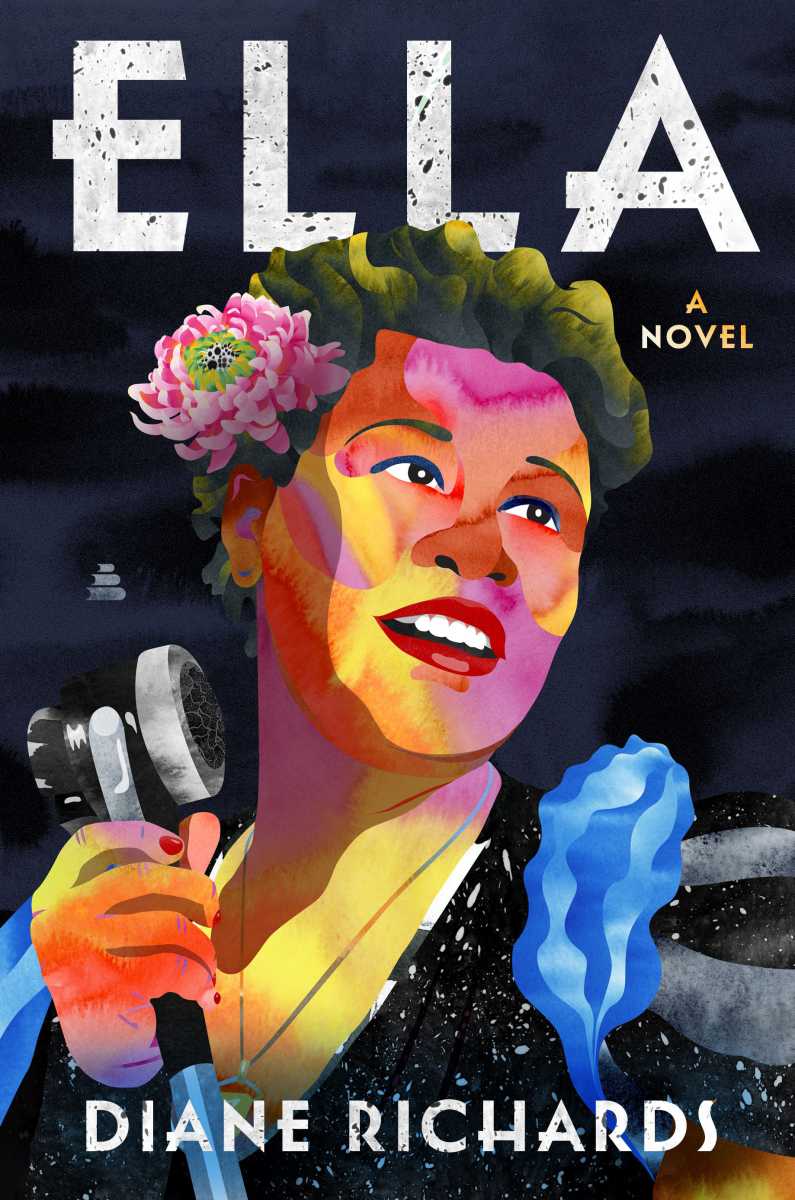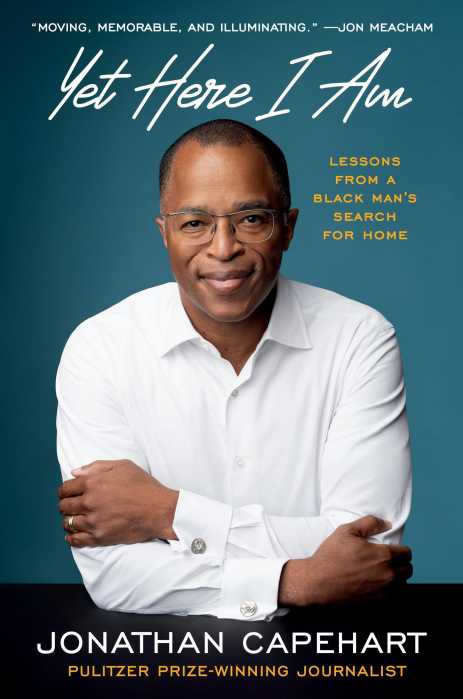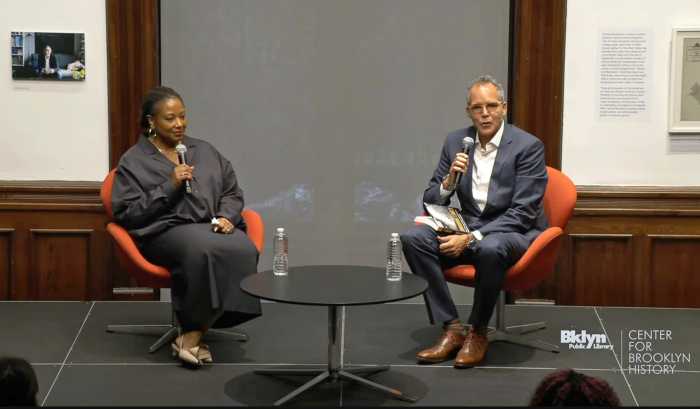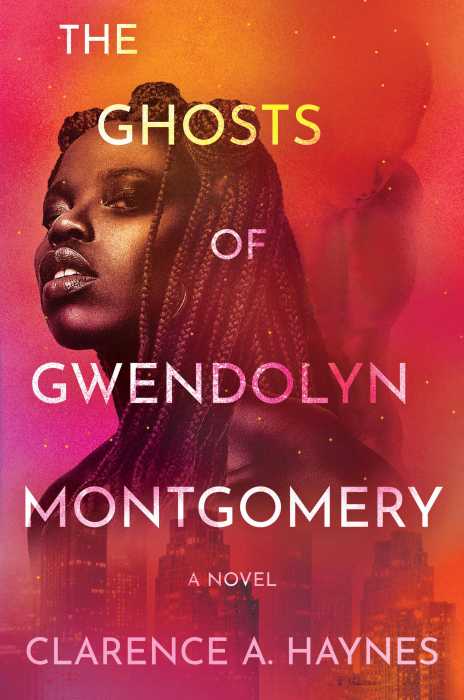“Ella: A Novel” by Diane Richards
c.2024,
Amistad
$28.00
384 pages
Beyonce does it.
So does Misty Copeland, Drake, Alicia Keyes, and Chaka Khan. You’d do it, too, if you thought you could sing and dance and make a living at it. Alas, not everyone can be a paid performer on a big stage, but Whitney Houston was. So was Ray Charles and Michael Jackson. Katherine Dunham did it and as you’ll see in the new novel “Ella” by Diane Richards, so did a little girl from Yonkers.
You can do anything.
That’s what Ella’s mother, Tempie, always said, and Ella took that to heart. She decided that she was going to make a living with her feet by dancing at the clubs in her neighborhood. Ella loved to dance, and she was good at it.
But everything changed in the winter of 1932. Times were hard and Tempie had to tell Ella that she couldn’t dance at the clubs anymore. Doing laundry brought in more cash, so Ella had to help Tempie with white folks’ wash.
The two clashed. They yelled and screamed at one another. Ella couldn’t have regretted her words more when Tempie died and everything changed.
Dancing? No more, said Ella’s stepfather, and he followed it up with punches. You need an education, said Aunt Virginia, who took Ella in when she ran away from that man. Here’s where real money is, said the man in charge of numbers running, just before Ella skipped school to break the law. Get to work, snarled the supervisor at the New York State Training School for Girls, a sort of juvenile hall where Ella was sent for truancy.
Get outta here, said the bouncer at a club, after Ella escaped the School and made her way to Harlem.
One day, she’d have lunch with Marilyn Monroe. She’d perform with Duke Ellington and she’d appear on TV and in movies. But when she finally landed a spot on Amateur Night at the Apollo, she didn’t dance.
No, Ella Fitzgerald opened her mouth and sang…
Based on a few years in the life of the real singer, “Ella” is great for readers who like a deep dive into historical fiction. Author Diane Richards says in her Author’s Notes that she holds a long-time fascination for the singer, and it shows in Richards’ detailed retelling.
Covering about twenty-two important months of Fitzgerald’s life (with bookends set in 1948), Richards gives readers a subtle sense of the tough times that surrounded her subject. With the Great Depression as a back-drop, we get to know a determined Fitzgerald, a teenager who’d do anything to follow her dreams, but who needed to make money first – and we meet the women who launched her. It’s a story you’ll like, with highs and lows that will make you happy and make your heart pound.
Don’t be surprised if you forget that this book is a novel; if it turns you into a fan, check out the resources near the back cover for more. For you, “Ella” is a book that’ll make you sing.


























